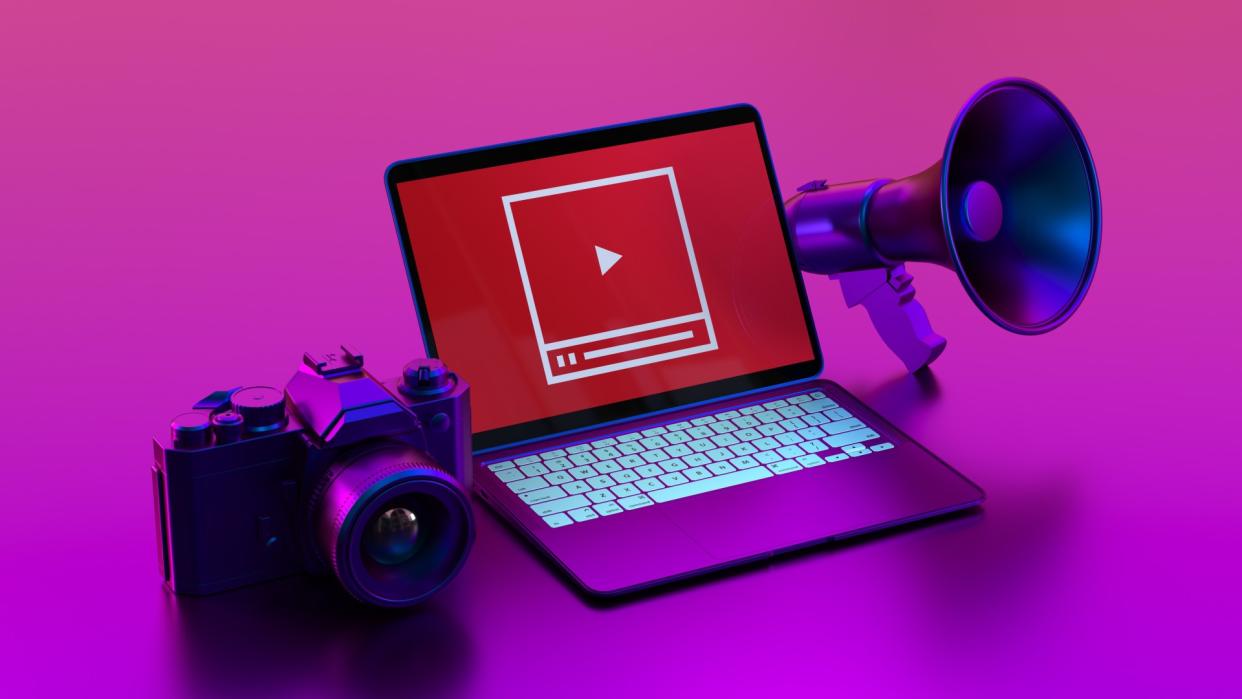'New denial': There's a shift in climate denialism on YouTube

With the reality of climate change becoming harder to ignore, climate change denialism on YouTube has "morphed into a misleading new narrative," The Verge reported. In a recently published report, the Center for Countering Digital Hate called out the "startling and important rise" of what it called "new denial" over the past five years.
The nonprofit defines this new wave of climate denial as "the departure from rejection of anthropogenic climate change, to attacks on climate science and scientists, and rhetoric seeking to undermine confidence in solutions to climate change." This new wave of content centers around messages that discredit climate solutions, that the science behind the solutions is unreliable, "or that global warming isn't actually harmful," The Verge explained. After analyzing thousands of hours of content from 96 accounts known to spread climate disinformation, the CCDH discovered that new denial content made up 70% of climate disinformation on YouTube in 2023, up from 35% in 2018. The report also found that YouTube makes up to $13.4 million yearly from ads on the channels it flagged.
"A new front has opened up in this battle," Imran Ahmed, the organization's CEO, said at a news conference. "They've gone from saying climate change isn't happening to now saying: 'Hey, climate change is happening, but there is no hope. There are no solutions.'"
A new but 'equally insidious' form of climate denialism
On the one hand, the shift in climate denialism is a "success" for showing that "the science has won this debate on anthropogenic climate change," Ahmed told Grist. "The opponents of action have shifted their attention." Still, he warns that these new tactics aim to "create a cohort of people who believe climate change is happening but believe there’s no hope." That's why his organization is keen on bringing the fight to YouTube, to attack the disinformation at the source. The key is to ensure our information systems aren't being flooded "with nonsense and lies that make it more difficult for people to work out what's true or not," he added.
The CCDH findings were "disturbing," Michael Mann, a climate scientist at the University of Pennsylvania, told CNN. It is "extremely unlikely" that this tonal shift "is the result of organic social media activity." The spike in new denial content suggests a "concerted effort" was made "to weaponize social media in a way that is especially targeted toward young people" because "they are the greatest threat to the fossil fuel industry status quo, as evidenced by the tremendous impact of the youth climate movement."
Climate change deniers have "long relied on a mix of pseudoscientific claims and politically motivated propaganda," Katie Collins wrote for CNET. Multiple investigations have unveiled that climate disinformation was "largely funded and propagated, both overtly and covertly, by the fossil fuel lobby." How climate denial looks may be shifting, "but in its newer form, it can be equally insidious."
YouTube must stop 'amplifying and profiting off' climate denial
After being called out in the CCDH's report, YouTube demonetized some of the flagged videos that went against its climate change policy. Still, a spokesperson for YouTube confirmed that the majority of the content the report found was "considered compliant with YouTube's ad policies," per Ars Technica.
The existing policy "prohibits ads from running on content that contradicts well-established scientific consensus around the existence and causes of climate change," the spokesperson told Ars Technica. Debate over climate policies and research is allowed. "However, when content crosses the line to climate change denial, we stop showing ads on those videos."
CCDH used the report to highlight the hypocrisy of a climate change policy that allows videos that violate it to slip through. "You can't claim to be green but then be the world's biggest megaphone for climate change-related disinformation," Ahmed, the CCDH CEO, told CNN.
Social media platforms, like YouTube, "have billions of users and a monopoly on young people's attention," Michael Khoo, climate disinformation program director at the nonprofit Friends of the Earth, said in a statement to The Verge. The companies "must stop amplifying and profiting off the climate denial that threatens action on the most pressing crisis of human history," he added.

